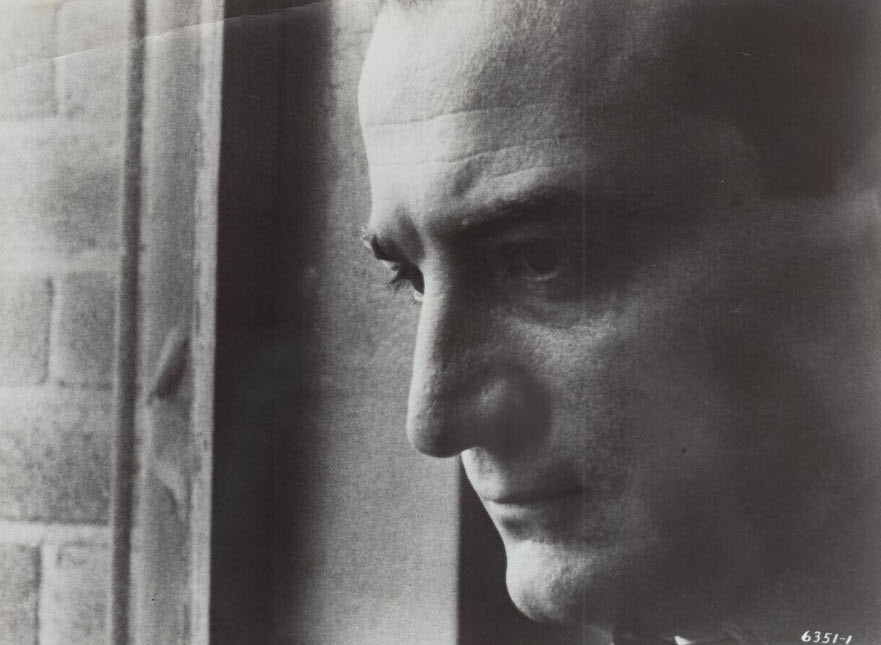![]()
 on 9/1/2024, 7:30 pm
on 9/1/2024, 7:30 pm
Wish this had shown up closer to Christmas, which is the optimum time to watch BLAST--in fact, it should be screened theatrically around the rep world at that time as a Yuletide gift to noir fans.
Some strong paragraphs here, but interspersed with digressions and a strange take on how "noir" became self-conscious, bizarrely trying to tie it to a group of mid-to-late 50s French noirs that did not have anything like the impact in America that McGinnis surmises.
Similarly, his notion of the development of neo-noir is just too all over the temporal map to hold up to scrutiny. Attempting to tie BLAST into a continuum that includes THE LONG GOODBYE is unacceptable stretch that doesn't take into account the fits and starts of a form that is more in a throw-it-against-the-wall-and-see-what-sticks mode than a coherent progression toward a modified tone/style. His notion of "nostalgia for a recent past" doesn't fit more than a handful of the films he cites, though the notion itself has some value when neo-noir really emerges as a force in the 70s...but not in the 60s.

Where BLAST moves away from its B-noir roots is in its tug between brutality and human emotion--the untenable duality that plagues Frankie Bono throughout the film and leads him to his ignominious, meaningless end. McGinnis is strongest when dealing with this, particularly in his discussion of Waldo Salt's perverse, prophetic "second person" narration.
Worth a read to be reminded that BLAST is a film that transcends its limitations and deserves a slot on TCM in mid-December. We'll keep an eye out to see if that happens...
Responses